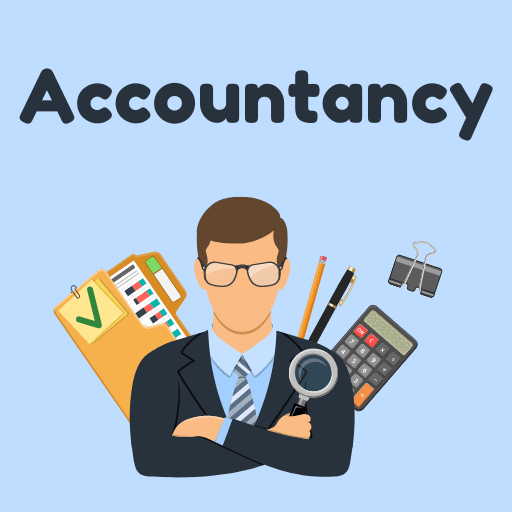Worksheet: Basics of Computer | Computer Science for Class 6 PDF Download
Do as Directed
Q1: Classify the following images according to the type of data they process: analog or digital.
 Q2: Sort the images into two categories: large computers and small computers.
Q2: Sort the images into two categories: large computers and small computers.
Multiple Choice Questions
(i) What is considered the first mechanical computing device?
(A) ENIAC
(B) Abacus
(C) Analytical Engine
(D) UNIVAC
(ii) Who is often referred to as the "Father of Computing"?
(A) Alan Turing
(B) Charles Babbage
(C) Ada Lovelace
(D) John von Neumann
(iii) Which component revolutionized computing by integrating the entire CPU onto a single chip?
(A) Vacuum Tube
(B) Transistor
(C) Microprocessor
(D) Integrated Circuit
(iv) Who made significant contributions to computer science by breaking the German Enigma code during World War II?
(A) Alan Turing
(B) Charles Babbage
(C) Grace Hopper
(D) John von Neumann
(v) What term was coined to describe an actual moth causing a malfunction in a computer, which was recorded in the logbook?
(A) Computer Virus
(B) Computer Glitch
(C) Computer Bug
(D) Computer Error
True or False
(i) Charles Babbage is known as the "Father of Computing" due to his invention of the abacus.
(ii) The first generation of computers used vacuum tubes for circuitry.
(iii) Alan Turing's work during World War II included breaking the German Enigma code.
(iv) The microprocessor had little impact on the development of personal computers.
(v) The term "computer bug" was coined by Thomas Edison during the development of the first light bulb.
 |
Quiz: Computer- 1
|
Start Test |
Fill in the Blanks
(i) A computer follows a special set of rules, called ______________, to understand what we want it to do.
(ii) The part of the computer that acts like its brain, telling it what to do, is called the ______________.
(iii) We use a flat device with buttons to type letters and numbers into the computer. It's called a ______________.
(iv) Imagine the world as a giant web connecting people and places. The internet is like this web, connecting ______________ all over the globe.
(v) A website is like a virtual book on the internet with many pages full of information. We can access these "books" using a ______________.
Very Short Answer Type Questions
 |
Download the notes
Worksheet: Basics of Computer
|
Download as PDF |
Q1: What two things does a computer understand?
Q2: What shows pictures and videos on your computer?
Q3: What do you use to type words and numbers on a computer?
Q4: What connects your computer to the internet?
Q5: What stores information and programs on your computer?
Short Answer Type Questions
Q1: Imagine you have a recipe book with instructions for different dishes. How is this similar to a computer program?
Q2: Why do you think people say "the computer crashed"? What does it actually mean?
Q3: You want to play a game with your friend online, but their computer is too slow. What might slow down a computer, and how can we speed it up?
Q4: What's the difference between the internet and a website? It might help to think of the internet like a library.
Q5: Why do you think computers need to be kept cool? What happens if they get too hot?
The solutions of the worksheet "Basics of Computer"
|
39 videos|28 docs|6 tests
|
FAQs on Worksheet: Basics of Computer - Computer Science for Class 6
| 1. What is a computer and what are its main components? |  |
| 2. What is the difference between hardware and software? |  |
| 3. How do input and output devices work in a computer? |  |
| 4. What are the different types of software used in computers? |  |
| 5. Why is it important to learn the basics of computers? |  |























